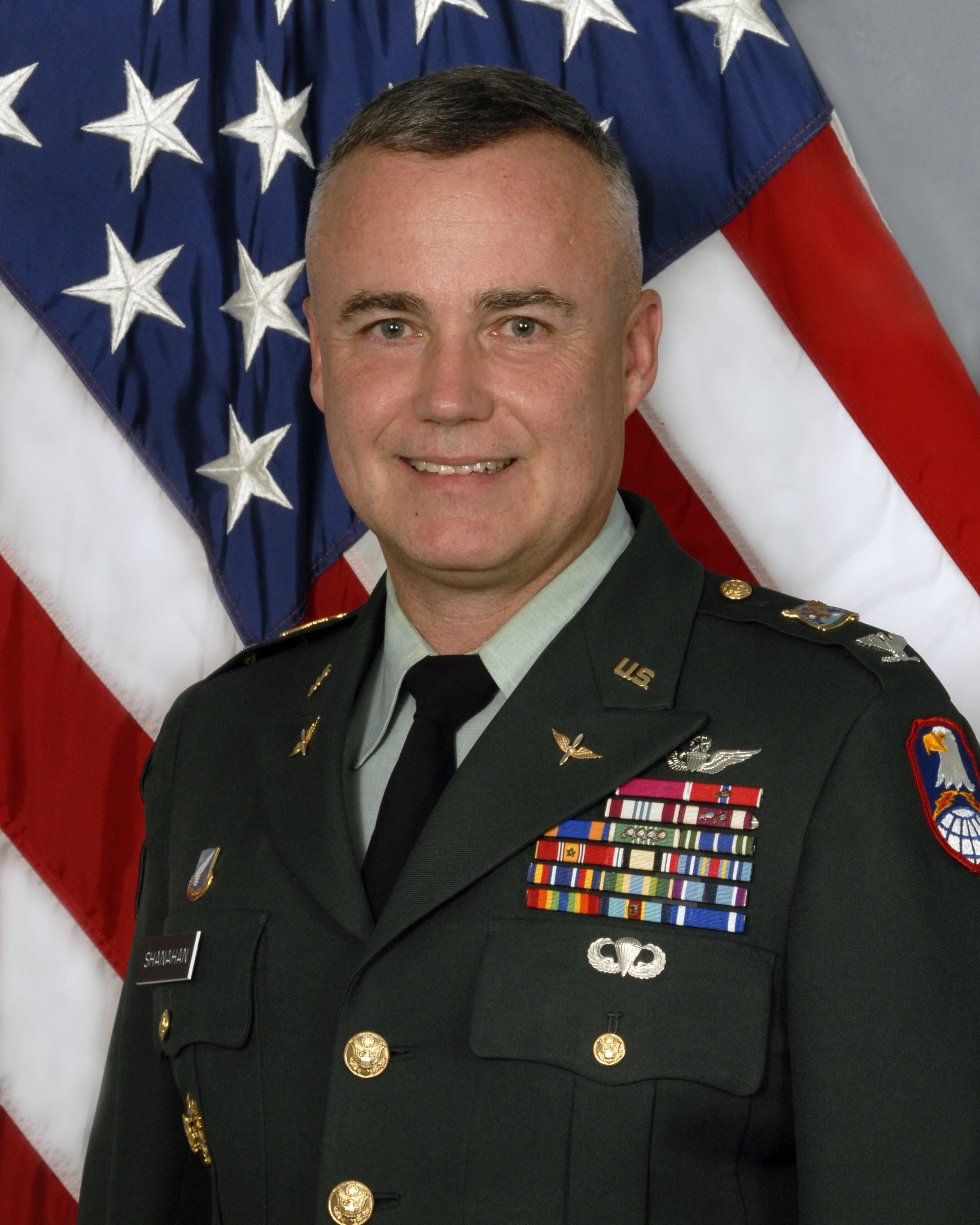
Lebanon's New President: Army Chief Backed By US Breaks Stalemate
A Critical Examination of the Complexities
After nearly three years of political gridlock, Lebanon has finally elected a new president. Michel Aoun, a former army chief and political ally of Hezbollah, was elected on October 31, 2016, ending a vacuum that had left the country without a head of state since May 2014.
Aoun's election is a significant development in Lebanese politics, as it breaks the deadlock that had prevented the country from forming a government and addressing its many challenges. However, it also raises a number of complex questions about the future of Lebanon, including the role of Hezbollah in the country's politics and the relationship between Lebanon and the international community.
The Election of Michel Aoun
Michel Aoun is a former general who served as commander of the Lebanese Armed Forces from 1984 to 1990. He is a Maronite Christian and a member of the Free Patriotic Movement, a political party founded by his son-in-law, Gebran Bassil. Aoun is a controversial figure in Lebanese politics, and he has been accused of being too close to Hezbollah, the Iranian-backed Shia Islamist group that is considered a terrorist organization by the United States and other countries.
Despite his controversial past, Aoun was able to secure the support of a majority of the Lebanese parliament in the presidential election. His election was supported by Hezbollah, as well as by several other political parties, including the Future Movement, the largest Sunni Muslim political party in Lebanon.
The Role of Hezbollah
Hezbollah is a powerful political and military force in Lebanon. The group has been designated a terrorist organization by the United States and other countries, but it is also a major player in Lebanese politics. Hezbollah has its own political party, which is represented in the Lebanese parliament, and it also has a strong influence over the Lebanese Armed Forces.
Aoun's election is seen by some as a victory for Hezbollah. The group has long been a supporter of Aoun, and it is likely to play a major role in his government. This could have significant implications for Lebanon's relationship with the international community, as Hezbollah is considered a terrorist organization by many countries.
The Challenges Ahead
Lebanon faces a number of challenges, including a weak economy, a high unemployment rate, and a large refugee population. The country is also divided along sectarian lines, and there is a long history of conflict between different religious groups.
Aoun has pledged to address these challenges, but he will face significant obstacles. Hezbollah is a powerful force in Lebanese politics, and it is unlikely to allow Aoun to make any major changes to the country's policies. Additionally, Lebanon is heavily dependent on foreign aid, and the international community is unlikely to provide significant assistance if Hezbollah continues to play a major role in the government.
Conclusion
The election of Michel Aoun is a significant development in Lebanese politics. However, it is also raises a number of complex questions about the future of Lebanon. The role of Hezbollah in the country's politics, the relationship between Lebanon and the international community, and the challenges facing the country are all issues that will need to be addressed in the coming years.